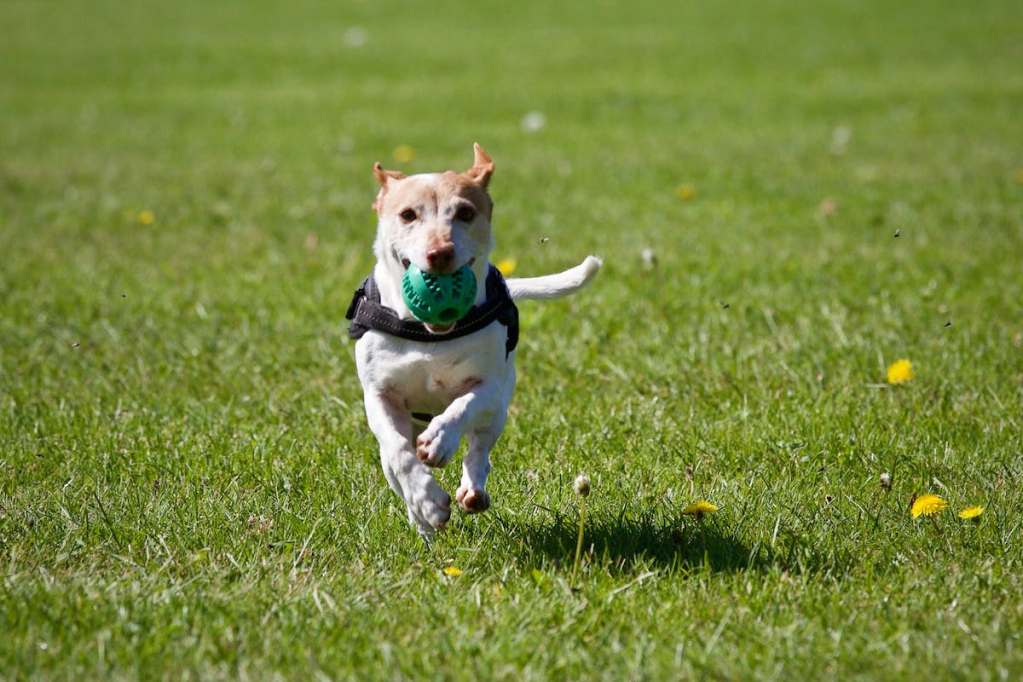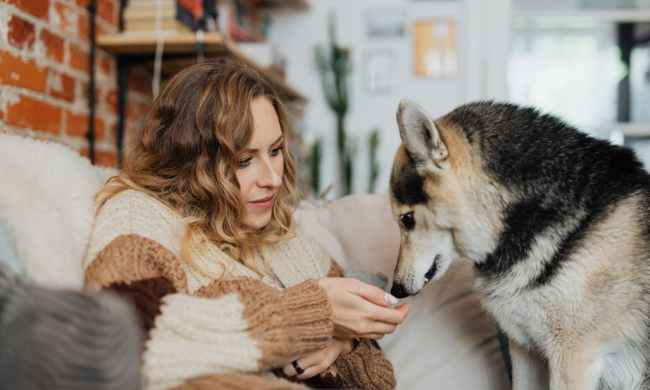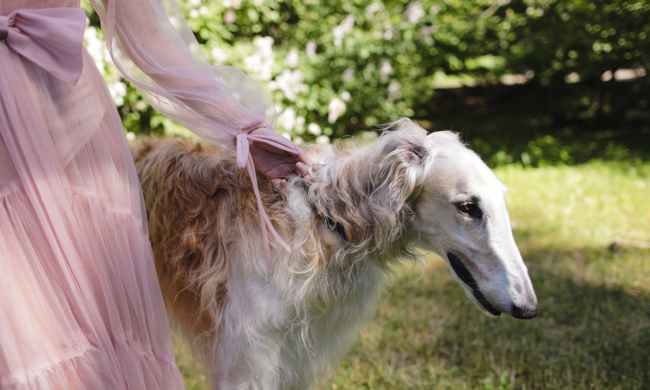We’ve all heard Bob Barker’s famous advice to fix our pets and help reduce the population of unwanted cats and dogs. It’s a good message to follow, but that doesn’t mean you won’t see any side effects or that the surgeries carry no risks.
After all, any time a human or pet goes under anesthesia, there’s a small risk of serious complications; not to mention other possibilities, like an infection at the site. But what about other unwanted changes, like to your precious pup’s personality? We’ll walk you through what to expect when you get your dog neutered.

What changes to behavior might occur after a dog is neutered?
Keeping a dog intact can cause a number of unwanted behaviors, including humping, marking, and wandering to find a mate. These should go down or even cease after the operation. You also may notice a decrease in some aggressive or anxious behaviors, especially if they are caused or exacerbated by the presence of a female in heat. On the other hand, certain types of aggression can increase in specific dogs, most prominently those neutered at a very young age, and you should discuss your unique animal with your vet before the procedure.
How long after neutering does dog behavior change?
In the days following his neutering, you could see a few common symptoms, such as lethargy and perhaps a little pain. Follow your care instructions to the letter to avoid complications and much of the strange behavior after neutering your dog will resolve as he heals. Some behaviors, like marking, could stop as soon as you bring your pup home, but it will take up to eight weeks for all the testosterone to leave his system.
Over the course of these two months, you should expect a few small changes; however, most owners don’t see big differences outside of changes to these typical pre-op traits, like excessive humping. One word of caution: Don’t go into neutering expecting a 180 on his mannerisms. Stick with consistent, positive reinforcement training to work through any issues.
Don’t believe these myths about neutering
It will change his personality
While some minor shifts should be expected, you won’t see any big changes in personality after the operation. Many temporary changes will go away as soon as he recovers from surgery, and hopefully, you’ll find the exact same pup after.
He’ll become overweight
After undergoing the procedure, your pet’s metabolism could change, but that just means you should adjust his calorie intake or exercise regimen. Once you find that balance, your pet won’t have any adverse effects.
His risk of cancer will increase
There are no two ways about it — the data here is complicated. Some cancers absolutely decrease, like testicular tumors, while others may increase. It comes down to many factors, including breed and age, when neutered.
While there are pros and cons to “fixing” your dog, it’s important to keep the population of unwanted puppies down. If it turns out this particular operation isn’t right for your pet at this moment, you can look into others, such as a dog vasectomy or delaying neutering and keeping him from other canines until he’s ready. Always work with your vet to determine which path is right for you and your pup.




